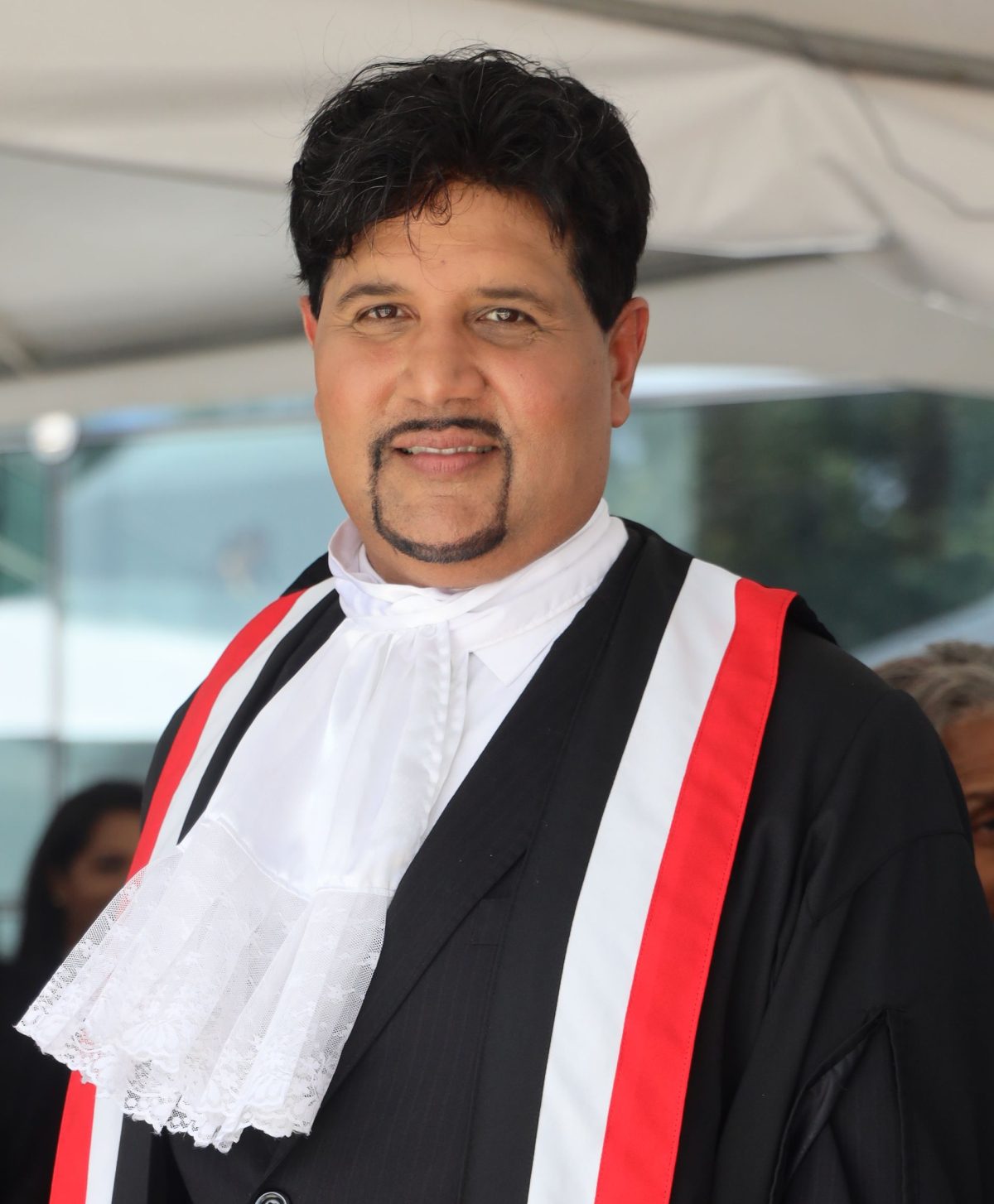(Trinidad Guardian) A 25-year-old woman has partially succeeded in a lawsuit over protracted delays by the T&T Police Service (TTPS) in investigating a child pornography ring she was a victim of.
Delivering a judgment yesterday, High Court Judge Frank Seepersad ruled that the woman’s constitutional right to protection of the law was breached by the delays, which were due to a lack of resources being provided for the TTPS’ specialist investigative units.
Justice Seepersad said, “The failure and/or the State’s significant shortcomings to fully operationalise and equip the specialised investigative units of the TTPS, are sufficiently serious to justify the Court’s intervention, as they negatively impact upon the TTPS’ ability to discharge its investigatory duty.”
Justice Seepersad ordered $20,000 in vindicatory damages for the woman, whose identity was withheld by the court due to the nature of the case.
He also granted an order compelling the State to provide the TTPS with the resources that are necessary to complete its investigation, within 180 days.
According to the evidence in the case, in August 2020, the woman made a report to the TTPS after she saw intimate photographs of herself, taken by/given to her ex-boyfriend when she was 15 years old, on the popular pornography website Pornhub.
After the police did not contact her to follow up on her report, the woman went ahead to conduct her own investigation to determine how many people were sharing her images on the international platform.
In September 2021, the woman made a second report, in which she sought to outline and disclose everything she discovered.
The information was supplied on a flash drive but it was subsequently misplaced by the officer who took the report.
She was later contacted by officers assigned to the TTPS’ Cyber and Social Media Unit (CSMU), who told her that they could not investigate her report.
In April 2022, the Humanitarian Foundation for Positive Social Change, an NGO founded by the woman to represent fellow victims of non-consensual intimate image abuse, provided additional information it gathered to assist investigators.
After the NGO began to receive media attention, an official of the CSMU contacted the woman and invited her to a meeting.
The woman provided a statement to the police and a hard copy of the information previously provided by the NGO, which included the names and telephone numbers of alleged perpetrators as well as 42 internet addresses or uniform resource locators (URLs) allegedly used by them to distribute child pornography.
The hard copy of the information was later lost by investigators.
In determining the case, Justice Seepersad noted that her right not to be deprived of life, liberty, security of the person and enjoyment of property except by due process of law, under Section 4 (a) of the Constitution, was not infringed by the delay.
“The Court holds the view that the enshrined constitutional protection cannot be strained to such an extent which enables it to find that the First Claimant’s alleged additional psychological trauma which resulted from the TTPS’s dilatory action contravened her right to security of the person,” he said.
Although Justice Seepersad stated that the woman’s initial report was “devoid of significant actionable details”, he stated: “The delay with respect to the second report was however unacceptable, unreasonable and unjustified and a complaint with the Police Complaints Authority (PCA) should have been lodged within months after the detailed second report was made.”
Justice Seepersad also rejected her claim in relation to the alleged breach of her constitutional right to respect personal and family life.
While he noted that her angst and frustration with the delays were understandable, he stated that the tardiness of the investigative process in her case was not novel or unique.
“In this society, administrative dysfunction and the failure by various organs of the State to discharge statutory obligations occurs with regularity and inefficient and ineffective service seems to be the norm which is meted out to citizens,” Justice Seepersad said.
“If the Court holds, carte blanche, that this manner of conduct infringes the constitutional guarantee to enjoy one’s private life entitlements, the flood gates would be so widely opened that the Judicial System may be overwhelmed and the impact upon the Treasury may be catastrophic,” he added.
In upholding the aspect of her claim in relation to her right to protection of the law, Justice Seepersad noted that the TTPS should have been provided with the resources to probe cases of online child pornography, which was made a criminal offence under the Children’s Act.
“The Defendant’s evidence revealed that simple devices, pieces of technology and necessary items such as telephones, VPN’s and covert numbers were/ are not readily available and the lack of these resources have stymied the investigative process,” he said.
“The State’s responsibility is not confined to the enactment of legislation but extends to the operationalisation of legislation by ensuring that the requisite expertise and access to the required technology, infrastructure and resources are readily available so as to enable meaningful enforcement of the enacted protections,” he added.
Despite his findings, Justice Seepersad pointed out that monetary compensation for breach of the right was inappropriate.
“Even if the Court were to make an award of damages, money would not be an effective remedy since the shortcomings of the Defendant as it pertains to the lack of access to the required equipment and technology to facilitate the required investigations, would still not be addressed,” he said.
However, Justice Seepersad ordered the vindicatory damages to reflect the sense of public outrage concerning the operational deficiencies which caused the delay.
The State was also ordered to pay the legal costs incurred by her and the NGO in pursuing the lawsuit.
The woman was represented by Lee Merry, Kristy Mohan, Melissa Hanoomansingh and Larry Boyer. The Office of the Attorney General was represented by Michael Quamina, SC, and Alana Mohan.






